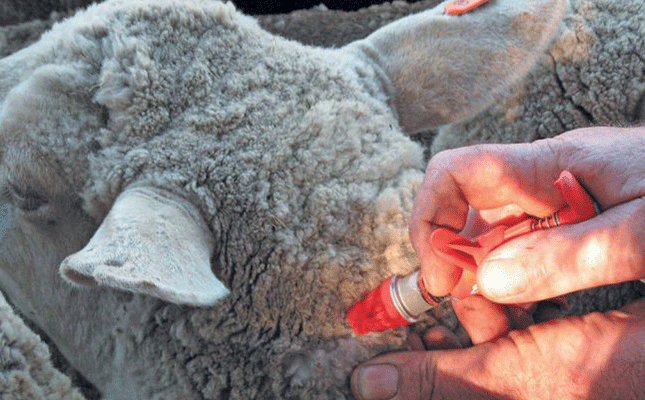
Photo: FW Archive
Livestock owners should take care to only make use of veterinarians and veterinary technicians who are registered with the South African Veterinary Council (SAVC).
SAVC issued this warning after two women, who had been convicted of illegally practicing as veterinary professionals in 2021, were recently sentenced.
SAVC said in a statement that these individuals placed animals at risk and defrauded South African animal owners.
Director of legal affairs at SAVC, Dinamarie Stoltz, said it was very important for the integrity of the veterinary profession that such individuals be punished for defrauding the public, and be barred from practicing.
“We constantly receive complaints about veterinary fraud, but it’s very difficult to work on these complex cases,” Stoltz said, adding that the conviction of the two individuals were the first she had achieved in eight years.
She said she did, however, not believe that the establishment of a dedicated inspectorate would result in an increase in the conviction rate.
Dewald Olivier, CEO of the South African Feedlot Association, said, however, that “it is not that easy for a veterinarian to pull the wool over the eyes of a farmer. Commercial livestock farmers [in particular] usually know more about their animals than regular veterinarians”.
Olivier added that ruminants required a specialist veterinarian. “In rural areas, a fraudster will soon be caught.”
Roxanne Barnard of Brakpan was found guilty in the Springs Magistrate’s Court in October last year for setting up a business advertising veterinary services such as vaccinating and treating animals, prescribing medicine and claiming to be a qualified veterinary nurse.
“Barnard was once authorised by SAVC to practice as an animal welfare assistant at the Brakpan SPCA, but that authorisation lapsed in April 2017 when she was dismissed,” Stoltz said.
When the case was first reported to SAVC, the matter was handed over to the association’s investigations inspectorate, which compiled a docket that the South African Police Service submitted to the National Prosecuting Authority for prosecution, she explained.
“Barnard was fined R2 000, with the option of a six-month jail term. She now has a criminal record and is banned from applying for SAVC registration or authorisation in the future.”
The other matter relates to Katharina Ott-Jayes, a German foreign national living in Swellendam in the Western Cape.
“I heard rumours that Ott-Jayes was a veterinarian in Germany, but she did not register with the SAVC, and from a legal stance she was subsequently not allowed to practice in South Africa,” Stoltz said.
The original complaint SAVC received was that Ott-Jayes was vaccinating animals in the Western Cape with vaccines that were allegedly imported illegally, and some had expired.
“SAVC referred the complaint to the Department of Agriculture, Land Reform and Rural Development to investigate, as animal vaccines fall under the Fertilizers, Farm Feeds, Agricultural Remedies and Stock Remedies Act No. 36 of 1947,” Stoltz said.
She was found guilty and sentenced in August for passing herself off as a veterinarian without being registered at SAVC.
- Lists of registered professionals and practices are available on savc.org.za.










